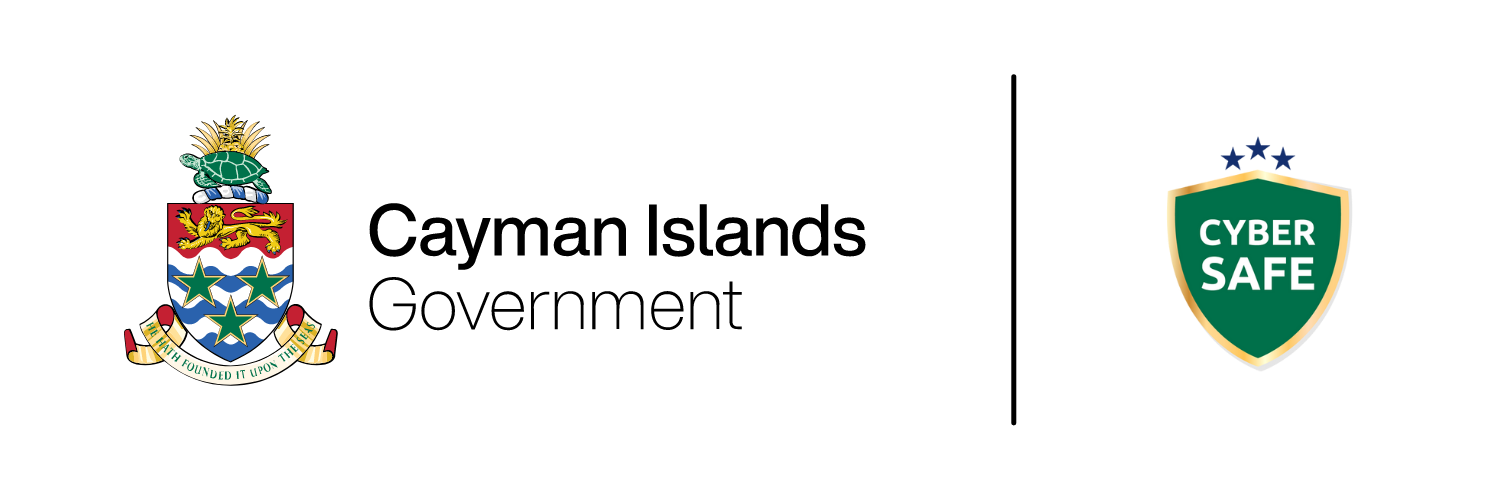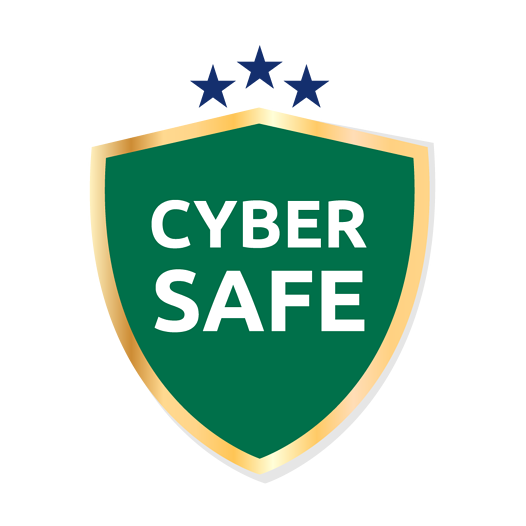


If you have reasons to believe that the child or young person is being subjected to online grooming, expolitation, or bullying you must always report it.
Report to MASH@DCFS.gov.ky or Tel: 945-0545 or the RCIPS, call 911. All communication will be kept confidential and you will be offered support.
Bullying is commonly conducted online via social media, chat forums and messaging platforms. The bullying may start in person and then move to the online world, where the reach is much larger as the messages are re-posted and shared to wider groups. Often, the target of the bullying is not even aware of what is being said online, and may only come to know later, which makes it all the worst, as they have not even had the opportunity to reply.
It is possible for the ‘bully’ to be anonymous by creating a fake profile for the purpose of bullying.
We know that bullying can lead to a number of serious consequences, such as children and young persons on the receiving end feeling excluded, isolated and vulnerable and in extreme cases can lead to an impact on their school work, truancy and other consequences.
Here is some guidance on what signs to look out for as parents and carers. However this is not intended to be an exhaustive list of signs, and as such, parents and carers are best placed to use their instinct and judgment on such matters.
If it transpires that your child is being bullied online, you should report this to the relevant authority, in most cases this will be the school.
Report to MASH@DCFS.gov.ky or Tel: 945-0545 or the RCIPS, call 911. All communication will be kept confidential and you will be offered support.
Here is some guidance on what signs to look out for as parents and carers. However this is not intended to be an exhaustive list of signs, and as such, parents and carers are best placed to use their instinct and judgment on such matters.
You should always promote dialogue with your child or young person on the dangers of online grooming and encourage them to have healthy online habits. You must always avoid blaming the child or young person.
If you have reasons to believe that the child or young person is being subjected to online grooming, you must always report it.
Report to MASH@DCFS.gov.ky or Tel: 945-0545 or the RCIPS, call 911. All communication will be kept confidential and you will be offered support.
Most households now run network devices linked to the internet, including computers, gaming systems, TVs, tablets, smartphones and wearable devices that access wireless (WIFI) networks. If your home network, network devices and online accounts are not secured, then they provide the cyber attackers with an entry point into your home WIFI network.
You should think about securing your home WIFI network, network devices and online accounts, in the same way that you think about physically securing the doors and windows in your home.
Internet-enabled and smart home devices are part of the Internet of Things (IoT). Examples of these are home webcams, smart speakers which respond to your voice requests, smart door bells with integrated cameras, smart TVs and much more. Whilst such devices provide the convenience of being internet connected with their smart technologies and may allow you to remotely access them, be aware that if not secured, they provide a vulnerable point of entry for your security and privacy to be compromised.
Cyber criminals commonly exploit weaknesses in insecure home WIFI networks, unpatched software running on your computers, untrusted or fake apps running on your mobile devices, to compromise your home network and devices. Each and every household has an important role to play keeping your home environment safe and secure and educating your family on safe cyber practices.
Cyber Safety with Children
We now have ‘smart toys’ able to listen, speak, ask questions and browse the internet and more. Some of the ‘smart toys’ are equipped with cameras, microphones and speakers. This also applies to devices, such as baby monitoring devices and the like. The main risk associated with such toys is from cyber attackers, who can exploit weak security for the purpose of surveillance. You should always check the security and privacy setting on ‘smart toys’. This is likely to include changing the default factory password and keep the software up to date.
You should setup parental control for the search engines accessed from your child’s computer and for considering restricting their use to one of the ‘child-friendly’, safe search engines designed for young children to safely access the internet. You will need to research the most suitable one for your child.
Parents and carers should remain vigilant to your children’s online activities and talk to the children, to ensure that they are not viewing inappropriate content, being groomed or bullied online.
It can be the case that cyber hackers somehow discover the default password to certain make and models of routers and publicise it on the internet. You should check with your ISP and if it is possible to change your default password, ask for them instructions on how to do this.
Some Internet Service Providers (ISPs) will allow you to change the default password and settings on your home router, this will require you to have technical knowledge or do some research in order to make appropriate changes on your router to increase security. If you are not comfortable with making changes to your router, you should seek advice from the ISP.
You should always ensure that your security settings on your smart home devices, are in line with the available guidance, so that your smart home devices are secure. The guidance on securing these devices will be brand specific. You will need to research and/or follow the manufacturer’s guidance on how to secure these devices.
A good rule of thumb is that when these devices are not in use, they should be switched off.
You should ensure that you have trusted anti-virus software installed on your home computers and that you regularly install updates released by the software vendor.
You should regularly back-up important data and files held on your home computer. This is established good practice advice, as, in the case that your computer is compromised, the backup you have taken may be the only means of restoring the important data.
You and your family should adopt the good practice of setting ‘strong’ passwords, for your email and social media accounts. A ‘strong’ password is between 10 and 15 keyboard characters. Good guidance for creating a ‘strong’ password is, using three random words that you will remember and at least two numbers that are memorable or meaningful to you. The longer and the more unusual your password is, the stronger it will be.
If two-factor authentication is available for your email or social media account(s), you should always enable it.
Think carefully about whether your social media profile should be ‘public’ as a ‘private’ profile is more secure. Think carefully about the personal information and photographs that you share on social media, particularly if your profile is ‘public’. You and your family should review the ‘privacy’ settings on your social media account and enable more privacy settings.
You and your family should look out for unexpected, unsolicited and unusual emails as they are likely to be fake email(s), also known as a phishing or fraud email(s). Most of these end up automatically in your ‘Junk’ or ‘Spam’ Folder. However, be aware that some of the fake emails do get through and make it into your ‘Inbox’. If you receive, such an email, don’t be tempted to open the attachment or click the link, as it is likely that by doing so, you will infect your machine with malicious software.
Only download apps to your mobile devices from trusted sources, such as Apple App Store or Google App Store.
You should never download apps from untrusted or unverified websites or stores. Cyber criminals often create fake apps to look very similar to the genuine apps, to entice unsuspecting persons to download these. If you download the fake apps, it is likely to be used to steal information (i.e. contact list, photos etc.,) or for some other malicious purpose. Some of the signs that you should look out for is, your battery running down much quicker than before and spotting unusual things on your phone. If you have mistakenly downloaded what you suspect to be a suspicious or malicious app, you should remove it from your phone.
There are a large number of fake websites, which have been created solely for the purpose of fraud or to steal your personal information, so be cautious when entering your personal data and debit or credit card information. Trust your instincts and check before you proceed.
You should always shop online from reliable or trusted online vendors and websites.
If an offer, sounds too good to be true, it probably is, as the saying goes.
You should consider using your credit card when shopping online for stronger consumer protection.
Report to MASH@DCFS.gov.ky or Tel: 945-0545 or the RCIPS, call 911. All communication will be kept confidential and you will be offered support.